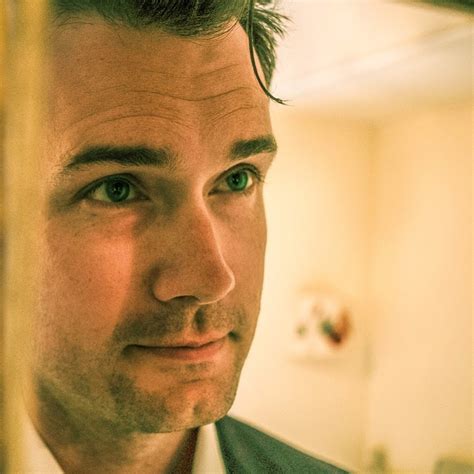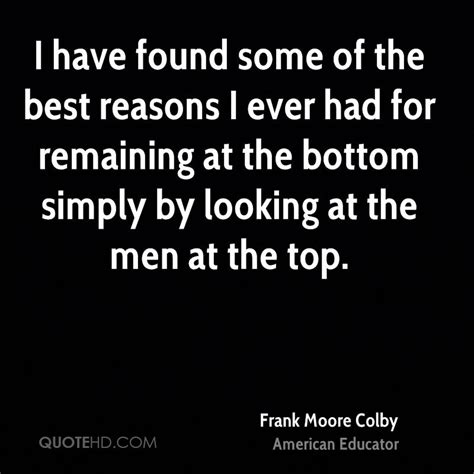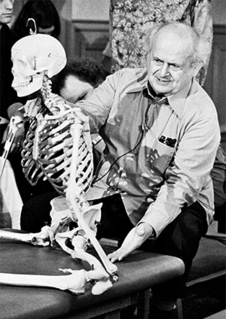A Quote by George W. Bush
No one was more shocked or angry than I was when we didn't find the weapons. I had a sickening feeling every time I thought about it. I still do.
Related Quotes
The murder of my husband by the railways has altered the way I think about everything. I had always thought that the majority of people were decent and honourable. In the wake of the crash, what made me angry more than anything else was the realisation that this was not true. I still find it very hard to come to terms with.
And what I thought, every time I thought about my father, every time his name came up, was quite simply: I WANT TO KILL YOU. I wanted to be more mature, more reasonable, I wanted to have a big, fat, forgiving heart that could contain all this rage and still find room for kind, beneficent love, but I didn't have it in me. I just didn't.
The administration took care of a source of instability in Iraq. Envision a world in which Saddam Hussein was rushing for a nuclear weapon to compete against Iran. My decision to remove Saddam Hussein was the correct decision in my judgment. We didn't find the weapons we thought we would find or the weapons everybody thought he had. But he was a significant source of instability.
He thought about science, about faith, about man. he thought about how every culture, in every country, in every time, had always shared one thing. We all had the Creator. We used different names, different faces, and different prayers, but God was the universal constant for man. God was the symbol we all shared...the symbol of all the mysteries of life that we could not understand. The ancients had praised God as a symbol of our limitless human potential, but that ancient symbol had been lost over time. Until now.
If you want to find weapons of destruction, you can find them all over the place. Take, say, Israel. There is a very great concern right now about proliferation of nuclear weapons, as there should be. Israel has a couple of hundred nuclear weapons and also chemical and biological weapons. This stockpile is not only a threat in itself but encourages others to proliferate in reaction and in self-defense. Is anybody saying anything about this?
The 60s were a continuation of the 50s much more than people realized. Certainly in some countries, like Britain, there was still a culture of deference, whereas in the 70s we really are in a time of angry transition. The generation that came into young adulthood in the 70s couldn't find jobs; that wasn't true in my generation. They entered a time when two depressing things hit them both at the same time.
...despite all this, it is still hard to admit that there is no one more English than the Indian, no one more Indian than the English. There are still young white men who are angry about that; who will roll out at closing time into the poorly lit streets with a kitchen knife wrapped in a tight fist. But it makes an immigrant laugh to hear the fears of the nationalist, scared of infection, penetration, miscegenation, when this is small fry, peanuts, compared to what the immigrant fears - dissolution, disappearance.
































